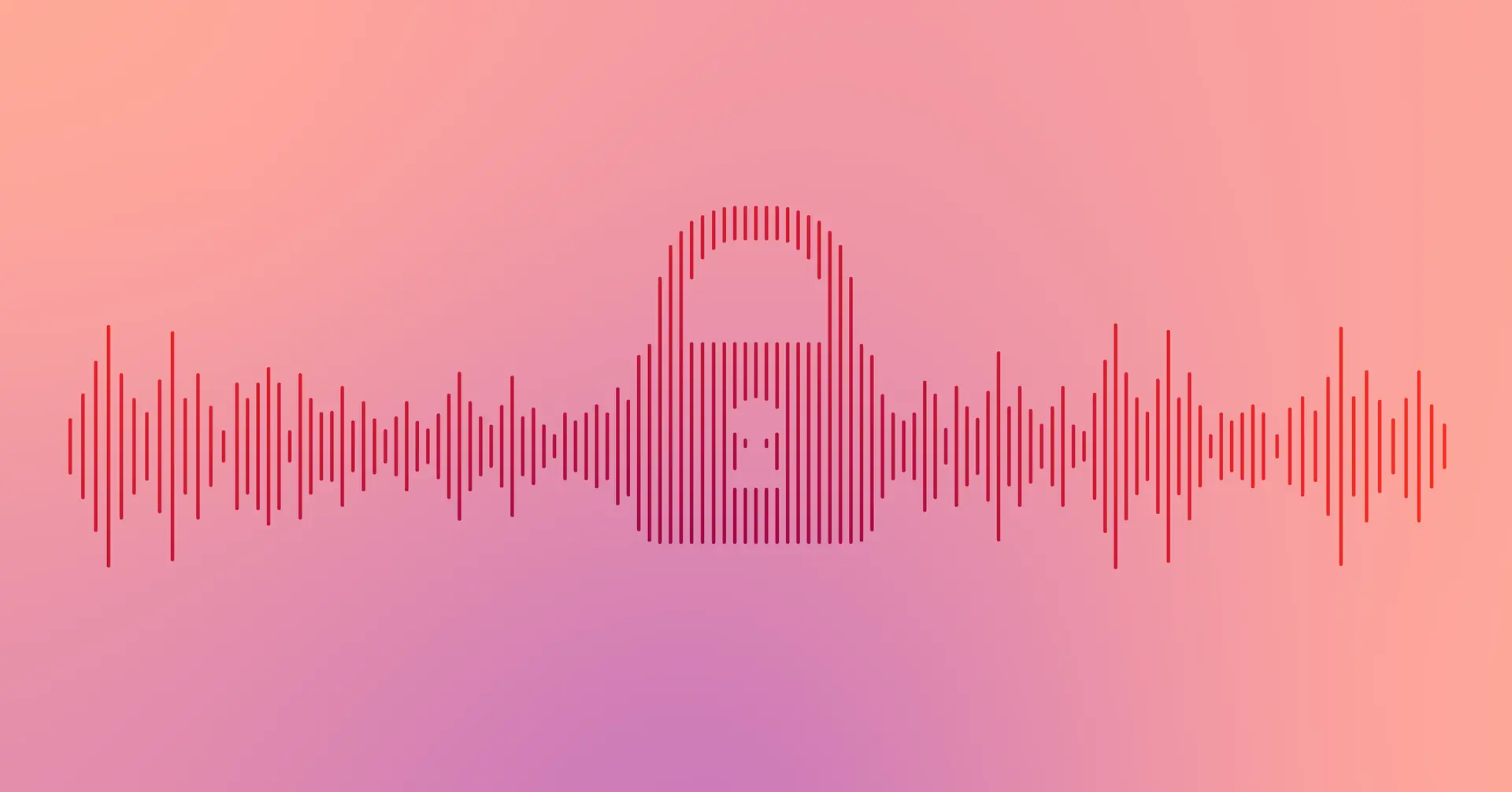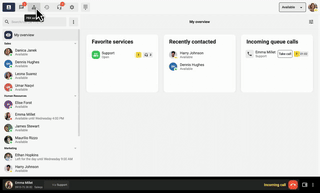Most businesses can benefit greatly from call recording, and in some industries it is even a legal requirement. With call recording, you don’t have to take notes and can focus on the person you are talking to. But how does it work? And what about the GDPR?
Who benefits from recording calls?
Recording conversations can help many people in their work – when dealing with customers, in internal meetings or interviews. The ability to go back to a conference call or repeat a customer meeting, for example, means that everyone benefits from the service. It is a reliable and traceable tool where you can quickly ensure exactly what the person you spoke to asked for. For many, it’s also a handy feature for keeping track of communications.
In some industries, there are even legal requirements to record calls, to protect all parties. The financial industry is one of the sectors where some conversations must be recorded and stored by law. Other professionals, such as journalists, the self-employed and trainers, also use the service extensively – as a convenient way to remember what was said in interviews, business deals and negotiations. And not least, customer service and support professionals benefit from call recording to measure customer satisfaction.

How does call recording work?
To record calls, you first need a softphone or other software that supports the call recording feature. Today, many providers offer call recording as an add-on service or included feature within their IP telephony – making it easy to record both incoming and outgoing calls to fixed or mobile numbers.
What the law says about call recording
For some industries and businesses, call recording is a necessity – and for others it’s mostly a convenience. But the right to record conversations is not a given, even for businesses, as in several countries it is illegal to record conversations without the consent of all parties.
According to Chapter 4. 9a of the Criminal Code [BrB] it is illegal to record private conversations unless everyone involved is aware that the conversation is being recorded, and you are not involved in the conversation. In other words, you can record conversations in which you participate – and this applies to all types of conversations. Keep in mind, however, that the person(s) you are talking to should know that you are recording the conversation. Any personal data that is stored must also be handled and processed correctly under the GDPR.

Telavox procedures for GDPR and secure call recording
According to the Swedish Data Protection Authority (IMY), formerly the Swedish Data Protection Authority (Datainspektionen), digitally stored audio recordings are considered as any personal data such as name, address and phone number. This applies even if no names are mentioned in the recording, and means that they should be handled according to the security requirements of the GDPR. However, if the recording can be linked to a specific person, it is even more important that security is up to scratch.
Your security is important to us and no unauthorized person should be able to access the information stored. Since the introduction of the GDPR, the requirements for handling personal data have become stricter, and Telavox has procedures in place to ensure the privacy of our users and customers.
Secure storage of recorded calls
Listening to a recorded call in Telavox requires that you have the correct authorization, which the administrator can give to employees. You as a user can only listen to your own calls. You can also configure the service so that only the desired calls are recorded
The right to be forgotten
When you record calls, they are automatically saved for two years, and it’s easy to search the recordings for the specific call you’re looking for. Should a user request to be forgotten, we can fix that. It’s part of our GDPR work, and we’ll help you delete this type of data if necessary.
How to record phone calls in Telavox
In Telavox, it is super easy to record calls with the additional service “Recorded Calls”. You can record all or some of your calls via both mobile and landline. The calls are saved in Telavox and you can access the audio files directly.
If you are an existing customer, you can, as with all services in Telavox, easily turn the function on and off directly in Telavox Admin. Just like other additional services, it is of course always completely unbound. Please contact your Customer Success Manager if you have any questions.


